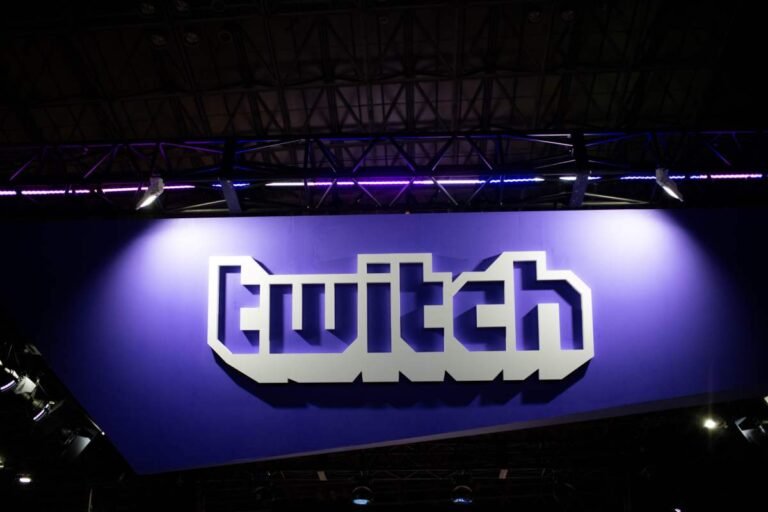
Twitch has come up with a solution for the ongoing copyright issues that DJs encounter on the platform.
Participating DJs in the program must contribute a percentage of their earnings from streams to cover some of the music rights costs.
Twitch partnered with all major labels to bring a majority of popular music to the offering, including Universal Music Group, Warner Music Group, and Sony Music, as well as several independent labels represented by music licensing partner Merlin.
Additionally, a one-year subsidy is being offered to existing Twitch DJs, providing financial support and a transition period to adapt to the new program.
Twitch will soon require DJs to share part of their revenue with the music industry.
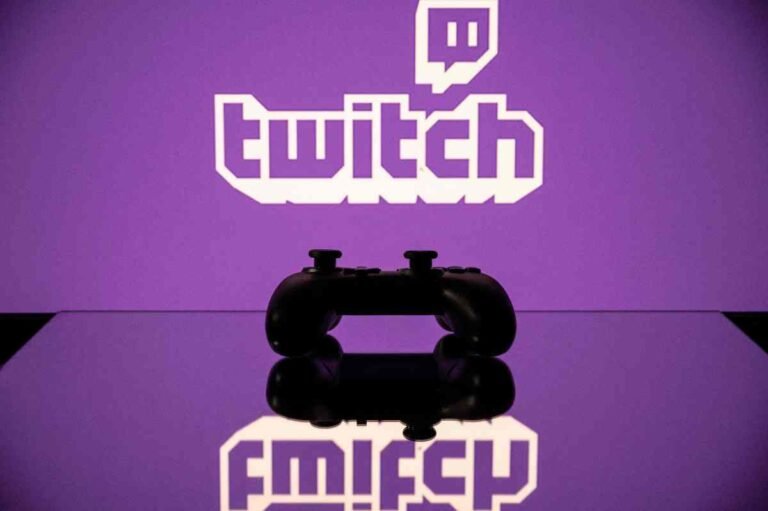
Twitch is looking at life beyond the livestream Livestreaming is a tough business.
“So the goal really is like, a lot more people seeing more Twitch content every time they’re in Instagram, every time they’re in TikTok, every time they’re in YouTube Shorts.
“… Live content is very different from offline content, and offline content has a somewhat easier ability to go viral.
Content on Twitch is extremely long form, with streamers regularly broadcasting gameplay or just chatting for many hours per session.
Unfortunately for Twitch, many compelling alternatives to broadcasting one’s life for hours on end exist, particularly in the form of YouTube.
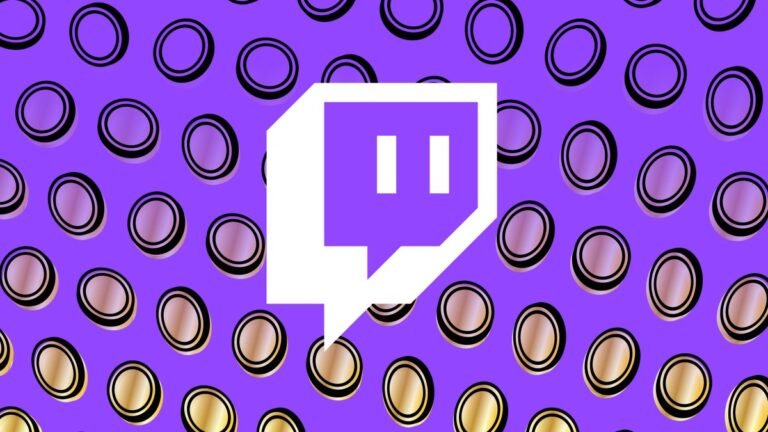
Twitch is introducing a new tier to its premium revenue share program — currently known as the “Partner Plus Program” — that would grant a 60/40 revenue split and has lower qualification requirements than the existing tier, expanding access to smaller creators.
Under the existing program, Partner Plus streamers receive 70% of the first $100,000 of net subscription revenue, and then 50% of any revenue after that.
The update also lowers the requirement to qualify for the 70/30 split from 350 Plus Points to 300 Plus Points.
Many streamers argued that the Partner Plus Program excluded the majority of creators because the qualification criteria was so high.
One is informed by the other, he said, but changes to Prime subscription payouts and the Plus Program have been in the works for months.

Audible, the Amazon-owned audiobook company, is laying off 5% of its staff, according to a leaked memo obtained by Business Insider.
Per the memo, Audible CEO Bob Carrigan praised staff for a strong 2023 and assured them that the business was in good shape… but, due to the “increasingly challenging landscape,” the company is still making cuts.
Now, just this week, Twitch laid off another 500 employees, and Amazon’s MGM Studios and Prime Video let go of “several hundred” employees.
Prime Video aside, all of these organizations at Amazon — Twitch, MGM Studios and Audible — came to the company via acquisition.
Audible has been part of Amazon since 2008, when it was acquired for $300 million.
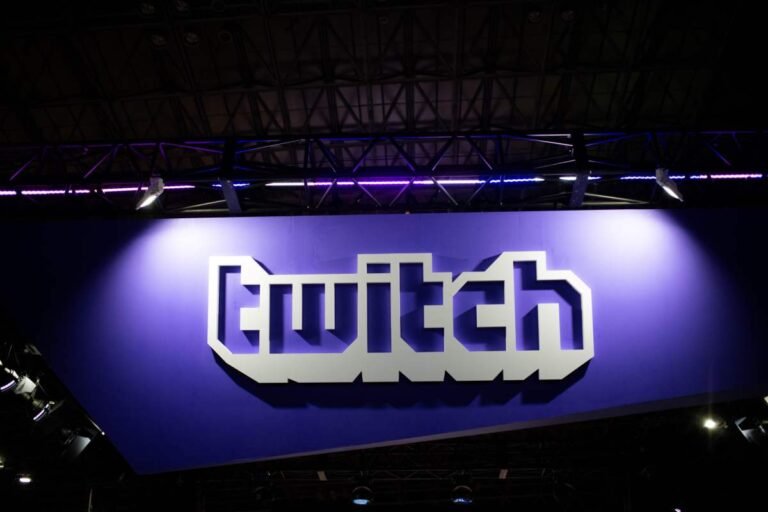
The Amazon-owned livestreaming platform will cut 35% of its staff, or roughly 500 employees, Bloomberg reports, and will announce the reduction as early as this week.
Shortly after Twitch co-founder and longtime CEO Emmett Shear handed the reigns to its now-CEO Dan Clancy, the company laid off 400 employees.
Twitch faces steep operating costs to support livestream content at such a large scale.
In a 2022 blog post, Clancy stated that each high-volume streamer on Twitch costs the company about $1,000 per month, citing Amazon Web Service’s interactive video rates.
“Delivering high definition, low latency, always available live video to nearly every corner of the world is expensive,” Clancy wrote.
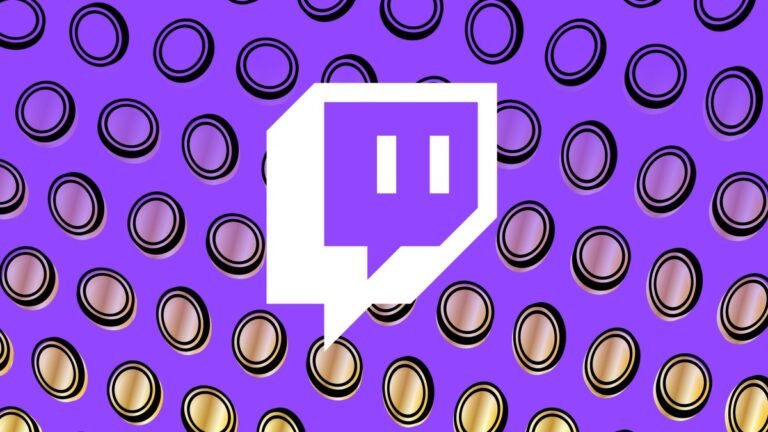
Twitch is effectively banning the “topless meta” and other implied nudity streams with another update to its attire policy.
Although the content didn’t technically violate Twitch’s attire policy forbidding actual nudity, and was properly tagged for “Sexual Themes,” the streams were still controversial in the Twitch community.
Twitch has reworked its content policies regarding nudity and sexual themes multiple times in the past month.
The topless meta went viral late last year when streamer and OnlyFans model Morgpie began appearing naked in streams.
Her “topless” streams were framed to show her bare shoulders, upper chest and cleavage.

Days after freeing the (fictionalized) nipple, Twitch is backtracking on its “artistic nudity” policy that allowed streamers to show illustrated, animated or sculpted renderings of breasts, butts and genitals.
The announcement comes days after Twitch announced sweeping updates to its sexual content policy, which streamlined the platform’s community guidelines and allowed nudity in certain contexts, such as art streams.
Moderating “artistic nudity” or “non-sexual nudity” is trickier because the line between nudity and sexual content tends to be subjective.
The sites with the clearest guidelines either allow nudity and sexual content altogether, or don’t.
Conditional nudity policies that attempt to separate “good nudity,” like in art, from “bad nudity,” or sexual content, aren’t as progressive as they’re made out to be.

Twitch announced sweeping updates to its sexual content policy and content classification system, which now allows previously prohibited content like illustrated nipples and “erotic dances,” in addition to clarifying what nudity is and isn’t allowed on the platform.
The framing implied nudity, but never actually showed content that explicitly violated Twitch’s sexual content policies.
Other streamers, who were predominantly male, were enraged by Morgpie’s content and called for Twitch to crack down on the apparent nudity.
The new policy is meticulously detailed and accounts for various situations, but also appears to contradict itself.
By clarifying what is and isn’t allowed, Twitch believes that it’ll be easier for streamers to comply with its policies.

Since the recession hit in 2009, many technology companies have been forced to reduce their workforce size in order to remain profitable. However, even streaming site Twitch was not immune…












